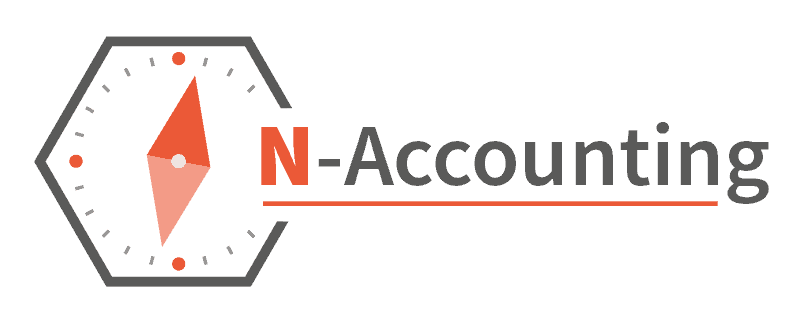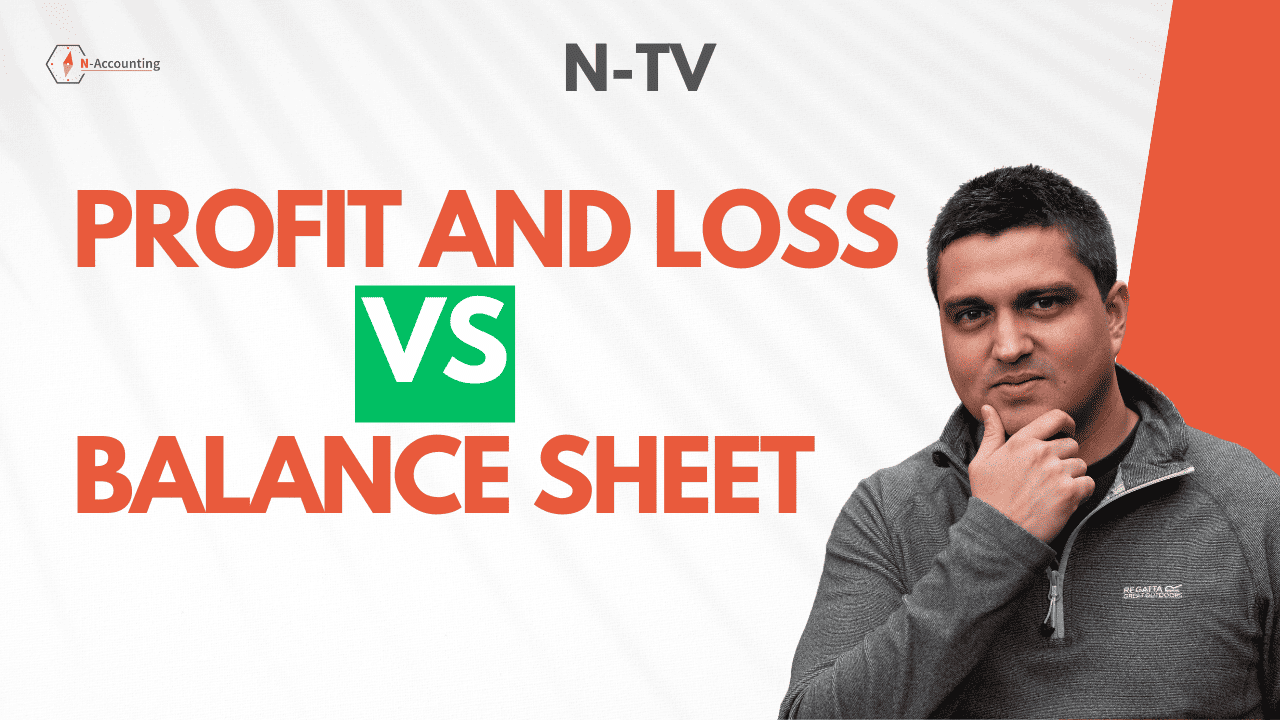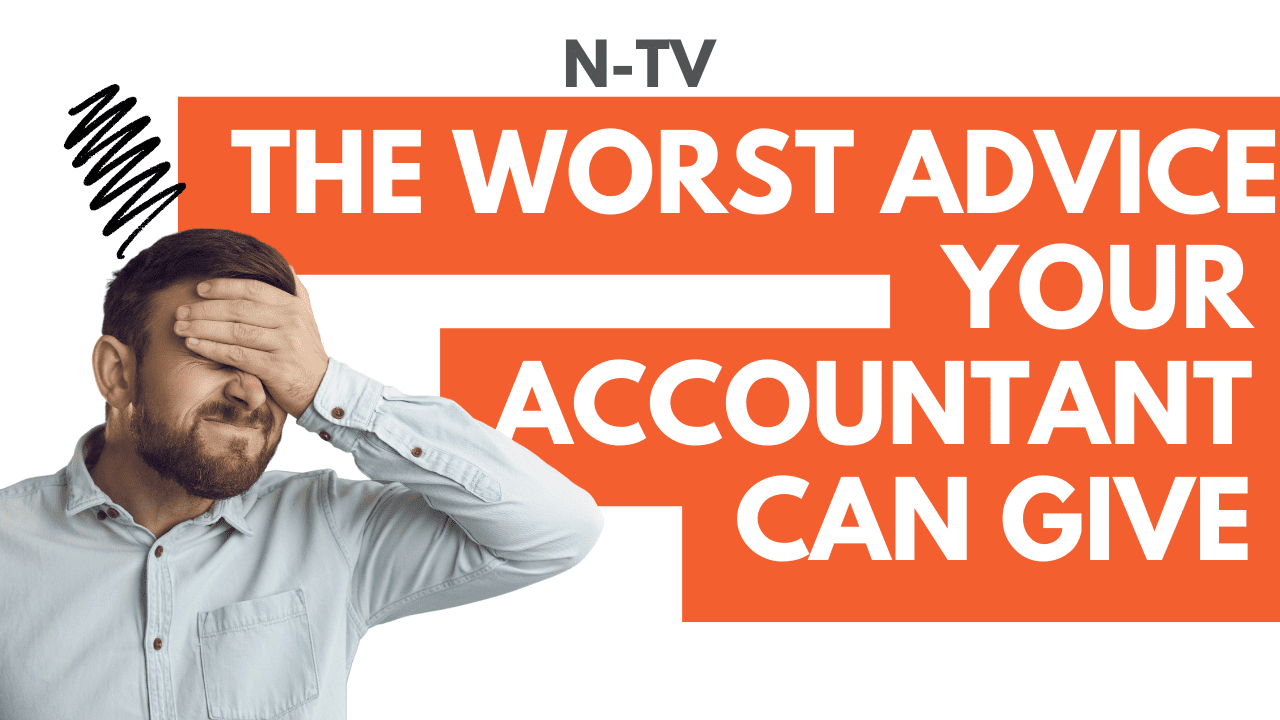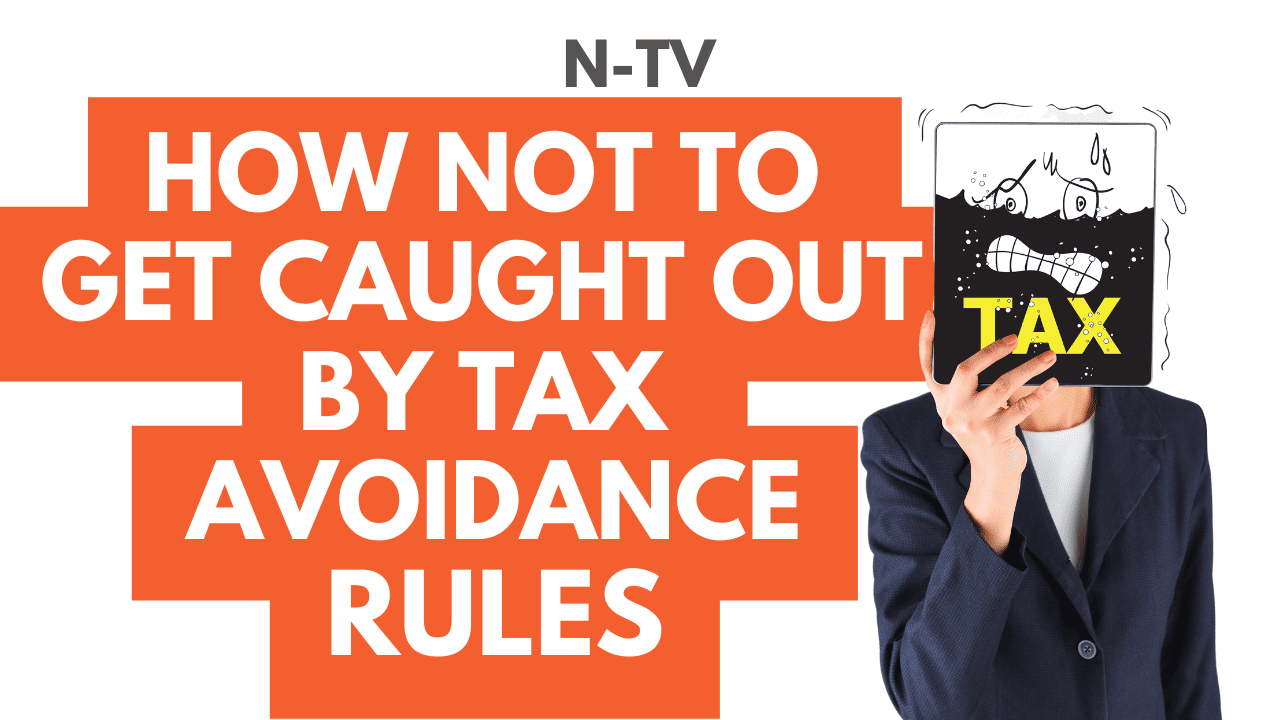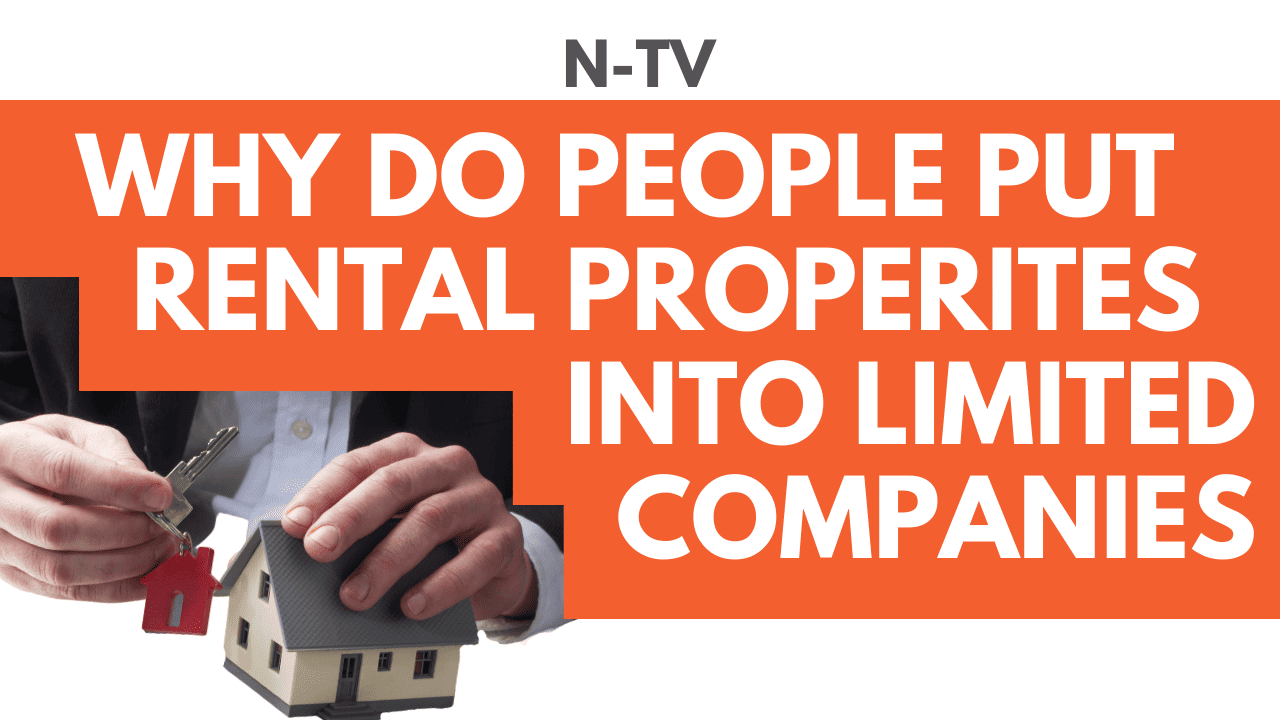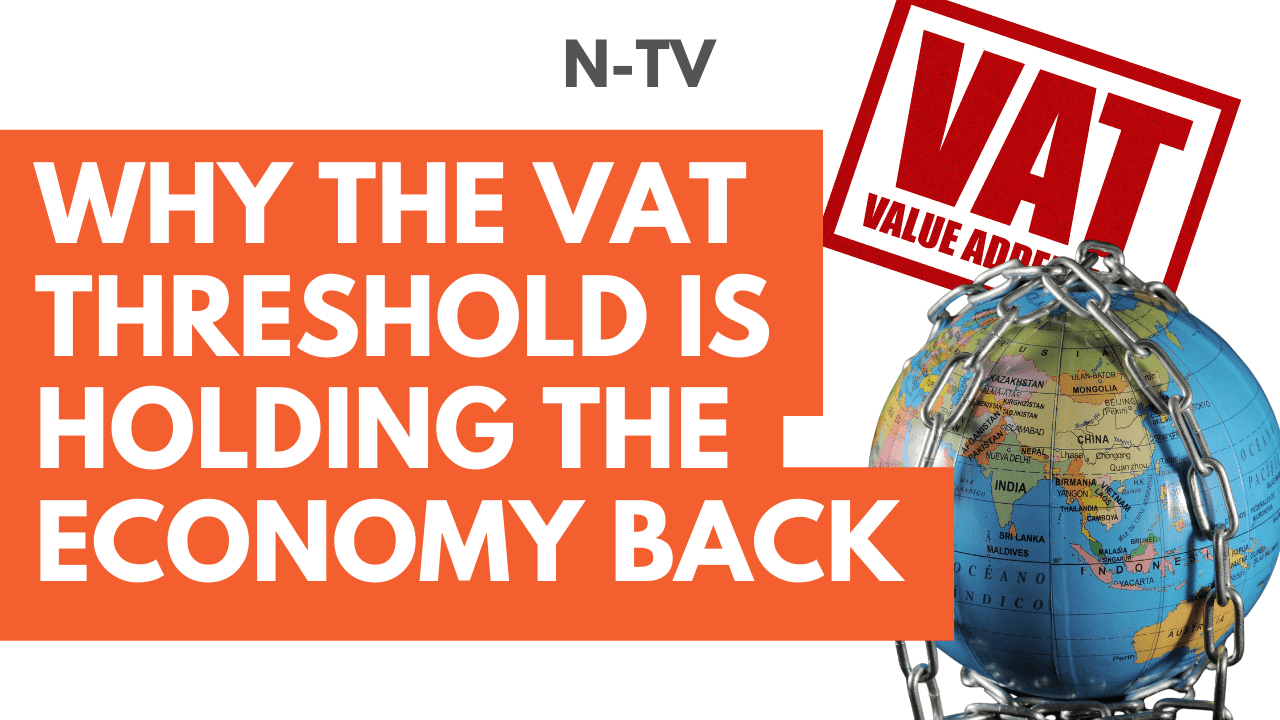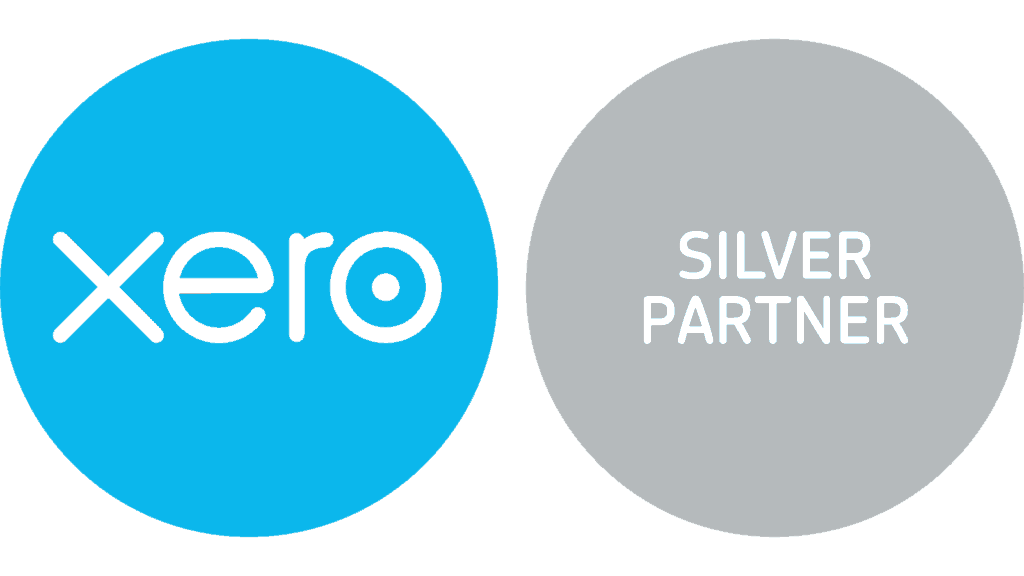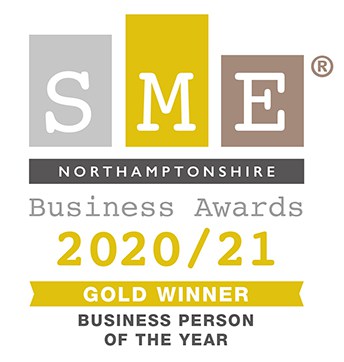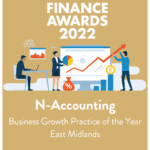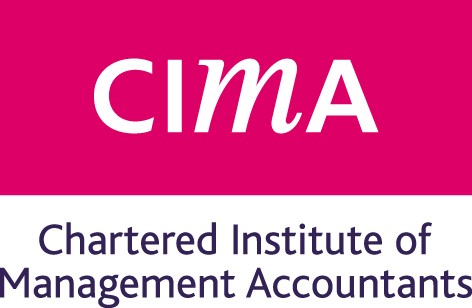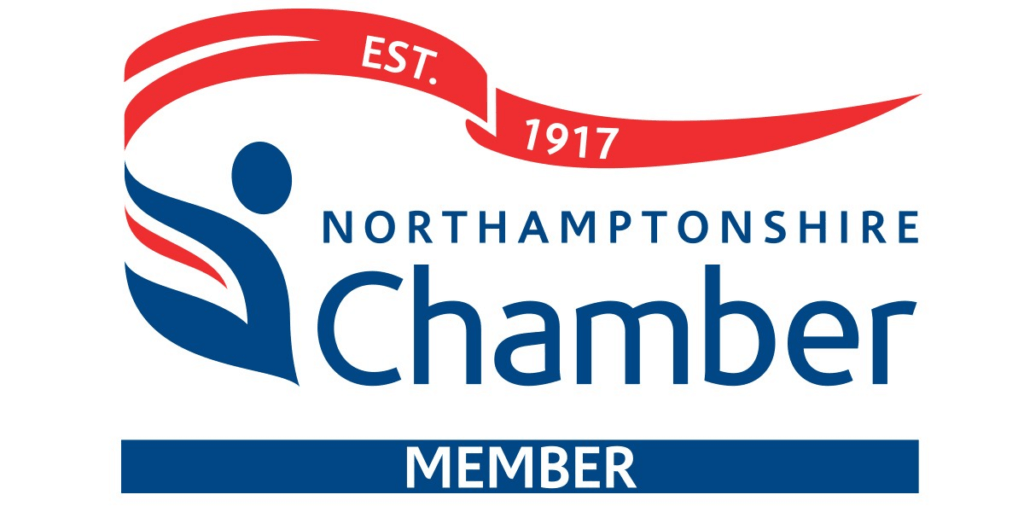Contents
Defining a chartered management accountant
The value of a chartered management accountant for small businesses
Finding the right chartered management accountant for your small business
Read-world examples of chartered management accountant supporting small businesses
Other accounting qualifications in the UK
As a small business owner, making sense of complex financial data can be overwhelming. Enter the Chartered Institute of Management Accountants (CIMA)—a specialist designed to turn those numbers into business decisions. This article answers the question: What is a Chartered Management Accountant and why do you need one? Here we’ll look at their role, the value they bring and, most importantly, how they can help your small business.
Key Takeaways
Chartered Management Accountants (CIMAs) combine accounting expertise with business management skills to help with strategic planning and decision making, not just compliance and reporting.
Small businesses can benefit from CIMAs with financial insight for decision making, strategic planning, cost management and competitive advantage, as partners not just accountants.
Find a CIMA by checking qualifications, networking for recommendations and assessing their fit for your business. They can help with cost reduction, efficiency improvement and strategic growth and expansion.
Before you continue reading…
Our clients enjoy these things as standard:
- Three working hour response time for queries
- Fixed monthly payments and any ad hoc fees pre-agreed
- Full UK based team in the office 9-5 Monday-Friday
- All-inclusive tax planning and software support
- Free representation in the event of an enquiry
Defining a Chartered Management Accountant

A Chartered Management Accountant is a special kind of accountant. They hold a professional qualification in management accounting, recognised by institutions like the Chartered Institute of Management Accountants (CIMA) and they bring a unique set of skills to the table. They combine their accounting expertise with business management skills to prepare, develop and analyse financial information for business decision making.
What’s the difference, you ask? Well, it’s their role. Unlike traditional accountants who focus on basic accounting services, Chartered Management Accountants:
Contribute to business strategy and decision making
Have a bird’s eye view of the business accounting landscape
Help shape the future of the organisation
Professional Accounting Body
The Chartered Institute of Management Accountants (CIMA) is the professional body for management accountants. It regulates and supports management accountants and offers the coveted CGMA designation (Chartered Global Management Accountant), a recognition of talented and committed management accountants worldwide. With two grades of full membership, Associate (ACMA) and Fellow (FCMA) based on qualifications and experience, CIMA is a career ladder.
But that’s not all. CIMA members also have strategic partnerships, like AICPA CIMA, which offer a range of professional resources and support, including CPD. In short being part of this professional body is not just about a designation, it’s about being part of a global network of finance professionals committed to upholding the highest standards of professionalism in management accounting.
Management Accounting vs. Financial Accounting
At first glance management accounting and financial accounting seem like two sides of the same coin. But dig a little deeper and you’ll find a world of difference. Management accountants for example provide businesses with real time financial data, like sales revenue and cost of goods sold. This data is key for trend analysis and forecasting in strategic planning.
Financial accounting looks back at historical financial transactions and is about compliance and reporting. Management accounting looks forward and uses financial data to make business decisions. It’s about steering the ship, not just keeping it afloat.
The Value of a Chartered Management Accountant for Small Businesses

So how does a small business benefit from a Chartered Management Accountant? Well, more than you think. They provide financial insight for decision making which is critical for small business owners to avoid costly mistakes. Their professional business advice is key to strategic planning and staying ahead of the competition.
And they provide visibility into business costs so small businesses can identify inefficiencies and areas to cut costs for better financial health. In short a Chartered Management Accountant is a strategic partner to help small businesses navigate the financial waters and reach their destination.
Strategic Planning and Decision-Making

When it comes to strategic planning and decision making Chartered Management Accountants are the secret weapon for small businesses. They:
Analyse business activity costs
Enable resource allocation for small business owners
Create plans for sustainable growth and market competitiveness
With financial knowledge they help small businesses make decisions and achieve their outcomes.
But the role of a management accountant doesn’t stop at planning. They help small businesses adjust their strategies to market changes, grow sustainably. They develop strategies to reduce costs and secure funding for projects that align with a business’s strategy. In short they help small businesses plot a financial course to their objectives and keep them on track.
Cost Management and Profitability Analysis
In small business every pound counts. That’s where a Chartered Management Accountant comes in. They do cost analysis to identify where costs can be cut and improve business efficiency. They analyse fixed and variable costs to help small businesses manage costs and set competitive prices.
And management accountants:
Review operations and performance to manage and reduce operational and production costs
Conduct detailed analysis of product or service profitability to inform business decisions
Help you see where your money is going and how to make it work for you
Performance Measurement and Reporting

Performance measurement and reporting is another area where Chartered Management Accountants excel. They provide financial reports to support business strategy and decision making. They present financial information to senior management teams to inform and influence business strategy and decisions.
Through management accounts small businesses can track Key Performance Indicators (KPIs), measure performance against objectives and make improvements. By giving a view of the overall financial health of the business management accountants help small businesses reallocate resources to improve operational efficiency. In short they help you see the bigger picture and make informed decisions to drive your business forward taking into account all the variables that affect your business.
Finding the Right Chartered Management Accountant for Your Small Business
Knowing the value of a Chartered Management Accountant is one thing but finding the right one for your small business is another. Networking with other small business owners can provide recommendations from trusted sources. Researching on the internet to find out about the background and testimonials of potential accountants can be a good approach.
And using professional directories like the American Institute of CPAs and the National Association of State Boards of Accountancy can be helpful in finding management accountants. Remember choosing the right management accountant is key to your small business’s financial guidance and strategy.
Assessing Qualifications and Experience
Now you have a few Chartered Management Accountants in mind it’s time to assess their qualifications and experience. Chartered Management Accountants undergo rigorous training and accumulate qualifying hours so they have the experience and expertise to offer full financial services. Make a list of your business’s immediate and short term accounting needs is a key part of the selection process.
When assessing their qualifications look at their experience with similar small businesses and their ability to handle confidential information. Remember you’re not just hiring an accountant you’re bringing on a business partner who will have access to your financial inner workings.
Interviewing and Hiring Tips
Now you have shortlisted your candidates it’s time for the interviews. Interviewing both independent accountants and accounting firms will give you insight into different working styles and help you decide who is the better fit for your business. Look at their communication methods to ensure information flows effectively.
Assessing an accountant’s ability to represent your business during an audit is a key consideration before you hire. Consistency of working with the same person is a big factor when choosing between an independent accountant and an accounting firm. After all you’re not just hiring an accountant you’re forming a partnership that could shape the future of your business.
Real-World Examples of Chartered Management Accountants Supporting Small Businesses
Now we know what a Chartered Management Accountant does and how to find one let’s look at some real-life examples of how they have helped small businesses. For example the accountant who put a cost control system in a small manufacturing business and reduced waste by 15%. Or the one who guided a tech start-up through a market expansion and increased their customer base by 35%.
These are just a few examples of the tangible impact a Chartered Management Accountant can have on a small business. Some of the benefits they can bring:
Cost savings
Efficiency gains
Strategic growth and expansion
Valuable insights and guidance
With a Chartered Management Accountant small businesses can achieve business success.
Cost Reduction and Efficiency Improvements
Let’s get into the nitty gritty of how Chartered Management Accountants help small businesses reduce costs and increase efficiency. These professionals bring their business and financial management skills to:
Analyse and interpret financial data to find areas of wastage
Review the business’s supply chain
Find cheaper suppliers and negotiate better terms, resulting in direct cost savings
Operational changes such as simplifying processes and implementing more efficient systems are also suggested by management accountants to cut out unnecessary costs. These cost saving ideas save money directly and also improve the overall efficiency of the business, resulting in a healthier bottom line.
Strategic Growth and Expansion
When it comes to growth and expansion, Chartered Management Accountants really come into their own. Take the example of the accountant who developed a comprehensive growth strategy for a small business to enter new markets, which included financial projections and risk assessments. The accountant did market research to find new business opportunities and the best market entry strategy.
The management accountant was also involved in the financial structuring and negotiation of new joint venture partnerships that were key to the market expansion. This hands on approach and strategic guidance from the management accountant resulted in a successful and profitable entry into new markets for the small business.
Other Accounting Qualifications in the UK
While Chartered Management Accountants are unique, it’s worth noting there are other accounting qualifications in the UK, each with their own specialism. These are:
Let’s take a quick look at each of these qualifications and what they offer for a career in accounting.
AAT
The Association of Accounting Technicians (AAT) offers accounting, bookkeeping and business skills qualifications at various levels and for different career stages and goals. AAT qualifications are internationally recognised and provide practical technical skills for the accounting profession.
Students can enter AAT accounting qualifications at different levels, at Level 2 for entry level or Level 3 if they have relevant experience. The flexibility of study modes and funding options make AAT a popular choice for aspiring accountants.
ACCA
The ACCA qualification is a global accountancy qualification. It requires up to 13 exams, an ethics and professional skills module and three years of practical work experience. ACCA is known for its tough curriculum and broad coverage of topics making it a highly regarded qualification in the financial world.
ICAEW
The Institute of Chartered Accountants in England and Wales (ICAEW) is another well respected professional body in the UK. They offer the ACA qualification which is global and provides a solid base for a career in finance and business.
ICAEW accountants are known for their high professional standards and ethical practice.
CIOT
The Chartered Institute of Taxation (CIOT) offers the top qualification for tax compliance and planning professionals. Chartered Tax Advisers (CTA’s) are recognised for their tax expertise and their in-depth knowledge is invaluable for businesses navigating the tax landscape.
Summary
We’ve now seen Chartered Management Accountants in all their glory, their blend of accounting skills and business sense and the value they bring to small businesses. We’ve looked at how they contribute to strategic planning, cost management, performance measurement and more. We’ve seen examples in practice and how to find one for your small business.
In summary, a Chartered Management Accountant is more than just a bean counter. They are business partners who can guide your business to financial health and success. Whether you’re a small business owner looking to grow your business or someone looking to start a career in management accounting we hope this post has been helpful and interesting.
Frequently Asked Questions
What is a Chartered Management Accountant?
A Chartered Management Accountant is a professional with accounting and business management skills, focused on financial information for decision making. Recognised by bodies such as the Chartered Institute of Management Accountants (CIMA).
How does a Chartered Management Accountant differ from a financial accountant?
A Chartered Management Accountant is different from a financial accountant in that they provide real time financial data for trend analysis, forecasting and strategic decision making and financial accountants focus on historical financial transactions and compliance. So management accountants are more focused on providing up to date financial information for decision making and financial accountants are more concerned with compliance and historical transactions.
How can a Chartered Management Accountant benefit a small business?
Get a Chartered Management Accountant for your small business and get financial insight, professional business advice and help with cost management for better financial health. This will lead to better decision making and strategic planning and ultimately your business.
How can a small business find the right Chartered Management Accountant?
Find a Chartered Management Accountant for your small business by networking with other business owners, internet research and professional directories like the American Institute of CPAs and the National Association of State Boards of Accountancy.
What are some other accounting qualifications in the UK?
AAT, ACCA, ICAEW or CTA? Choose one.
